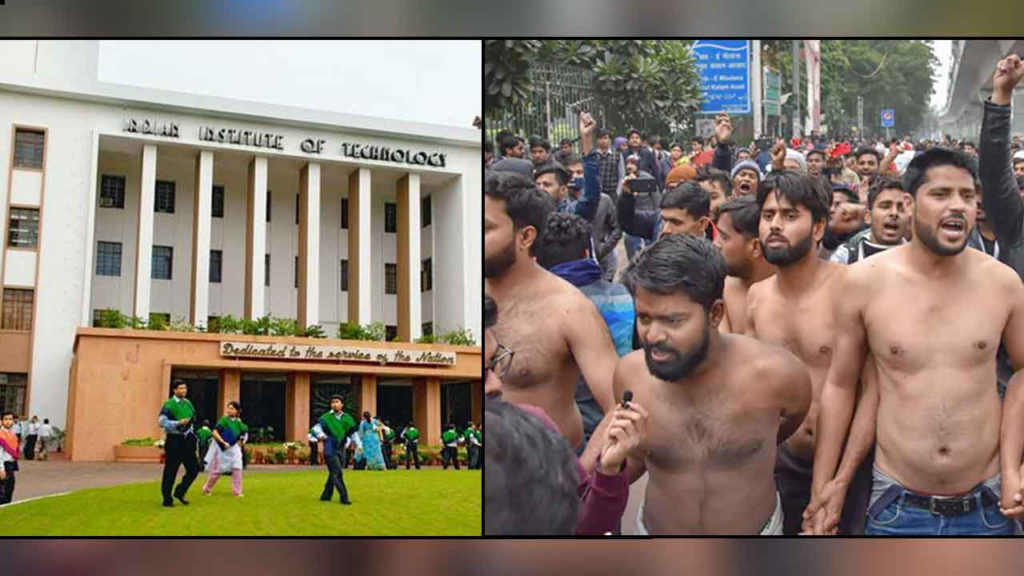A few years ago, the Shinzo Abe government in Japan asked the universities to either abolish or reorganize the humanities and social sciences (hereafter referred to as ‘liberal arts’ interchangeably) departments. The year was 2015, and since then, a widespread debate is going on, on the relevance of Humanities and Social Sciences education.
The governments across the world have cut funding to liberal arts education as part of the austerity program because they consider these departments as unproductive.
In the last few years, the debate has started in India, too. Since the Modi government came to power, the humanities and social sciences universities protest against almost every law; the university space has become a hotbed for political activism instead of education and research.
As the Modi government implemented Citizenship Amendment Act, the educational institutions across the country, especially those dominated by humanities and social sciences departments, started widespread protest against the law.
The newly brought legislation seeks to correct the historical injustice to those born on the wrong side of history, by providing citizenship to members of minority communities in Pakistan, Afghanistan and Bangladesh- all self-declared Islamic states- that have fled religious persecution. But, the institutions started to protest against the law, because- according to them- it will end the “secular” nature of Indian state.
While the institutions, dominated by liberal arts, like- JNU, Aligarh Muslim University (AMU), Jamia Milia Islamia (JMI), Jadavpur University, Tata Institute of Social Sciences (TISS) and many other institutions started to protest vehemently against CAA, the Science-Technology-Engineering-Mathematics (STEM), law, and management universities largely supported it.
The elite institutions, including IITs and IIMs- which are ranked in top global universities while none of the liberal arts institutions of India could do the same- supported the Citizenship Amendment Act (CAA).
The liberal arts universities have come under attack from the governments across the world, as the Return on Investment (RoI) on these institutions is low, and these institutions create most ruckus to the ruling regime. The governments have slashed the fund for these institutions and it seems that only liberal arts institutions to survive in the 21st century are the private ones.
In the last few years, the American newspapers like New York Times, The Atlantic, and Washington Post published a series of articles about ‘liberal arts education under attack’. “Colleges are shedding liberal arts programs and faculty. Small liberal arts colleges are closing,” wrote US News and World Report, one of the top magazines on education.
The students from middle-class families are not willing to choose liberal arts major, because it will not make them valuable in the competitive job market. In United Kingdom Education secretary Nicky Morgan said, “The subjects that keep young people’s options open and unlock the door to all sorts of careers are the Stem subjects.”
The governments are willing to fund “more practical, vocational education that better anticipates the needs of society” but, they don’t see any value in investing in liberal arts education.
If the humanities and social sciences departments could not prove their value, there will existential crisis on them in the next few years. With the current state of affairs, where the students in these universities are always in loggerheads with the government- that too for illogical reasons- the future does not look bright.
